Need to Know: Google Chrome OS
Google has unveiled its Chrome OS. But what exactly is it and how will it affect personal computing?
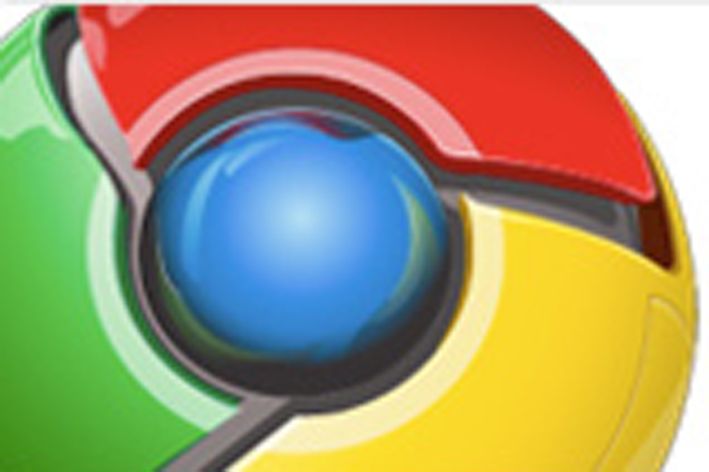

Google yesterday demonstrated an early version of its Chrome operating system, announcing that it would be released to the open source community. (Click here for Chrome screenshots.)
Confused by the difference between the browser and the OS? Wondering what Google is on about when it talks about cloud computing and SSD? Read on to find out.
What is Google Chrome? Isn't that the same as the browser?
Chrome is Google's development project that covers a browser and an operating system.
The OS will be very similar to the browser, largely because it will only run web apps. So it will be mostly browser, plus a few necessary bits like file system, when it does show up on devices next year.
That means that some of the development that happens in the OS could add features to the browser, and that the current early look of the OS actually looks quite like the browser, with tabs and things like that.
What do you mean it'll only run web apps?
Get the ITPro daily newsletter
Sign up today and you will receive a free copy of our Future Focus 2025 report - the leading guidance on AI, cybersecurity and other IT challenges as per 700+ senior executives
Unlike a standard OS, all the applications will be run from the web in the cloud. Your email will be web-based, your docs will be web-based, none of this download and install to run. Whatever you want to do will for the most part be run online.
And more and more apps are moving online - consider Microsoft's Office Web Apps, which Google called a "killer app" for Chrome OS.
What happens if there's no internet connection?
Don't worry, it's not entirely a high-tech paperweight. Many web apps can be used offline, and as HTML 5 spreads, that will be more commonplace.
There are a few OS-based apps, including a small notepad application, which automatically syncs up to Google Docs when there is a connection. And, you can always plug in a film to watch if you're bored. There's also an e-book reader, which could read from a USB, for example.
But the machine will lose a lot of its functionality if there's no connection. Google argued this is true of most computers anyway, as the main use we have for them is connecting to the internet.
What about data? Does it go live in the cloud too?
The netbooks will have limited ability to save data, and all will only have solid state drives, which tend to be smaller.
So the bulk of your data will go up in the cloud, too.
However, this isn't meant to be where you stash every piece of digital data about yourself. Chrome devices are meant to be complementary to a main machine, Google said.
So your photo and file collection can still live on a standard hard disk at home, while you update your Facebook or Flickr accounts on the go with your Chrome device. That's the idea, anyway.
Freelance journalist Nicole Kobie first started writing for ITPro in 2007, with bylines in New Scientist, Wired, PC Pro and many more.
Nicole the author of a book about the history of technology, The Long History of the Future.
-
 Security experts issue warning over the rise of 'gray bot' AI web scrapers
Security experts issue warning over the rise of 'gray bot' AI web scrapersNews While not malicious, the bots can overwhelm web applications in a way similar to bad actors
By Jane McCallion Published
-
 Does speech recognition have a future in business tech?
Does speech recognition have a future in business tech?Once a simple tool for dictation, speech recognition is being revolutionized by AI to improve customer experiences and drive inclusivity in the workforce
By Jonathan Weinberg Published
-
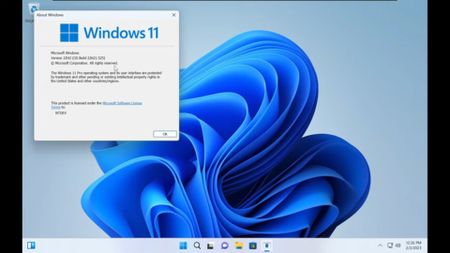 Tiny11 review: Windows 11 with only 2GB of RAM
Tiny11 review: Windows 11 with only 2GB of RAMReview A version of Windows 11 for older machines that don't meet the full requirements
By Nik Rawlinson Published
-
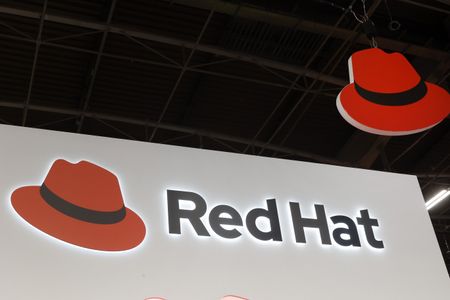 Red Hat Enterprise Linux becomes foundational operating system for Cohesity Data Cloud
Red Hat Enterprise Linux becomes foundational operating system for Cohesity Data CloudNews New strategic partnership between Red Hat and Cohesity aims to drive innovation in the data security and management space
By Daniel Todd Published
-
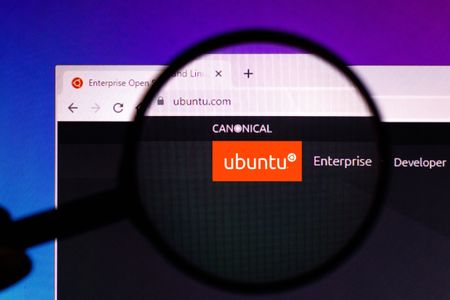 Ubuntu shifts to four-week update cycle
Ubuntu shifts to four-week update cycleNews Critical fixes will also come every two weeks, mitigating the issues involved with releasing prompt patches on the old three-week cadence
By Richard Speed Published
-
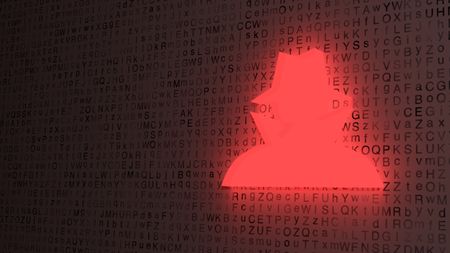 AlmaLinux follows Oracle in ditching RHEL compatibility
AlmaLinux follows Oracle in ditching RHEL compatibilityNews Application binary compatibility is now the aim with 1:1 now dropped
By Richard Speed Published
-
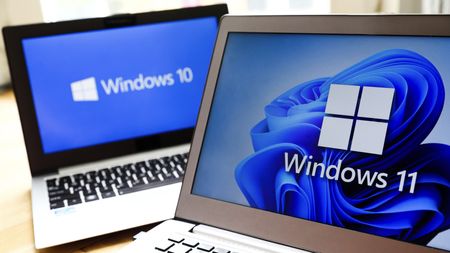 How big is the Windows 10 cliff-edge?
How big is the Windows 10 cliff-edge?ITPro Network With some comparing the upcoming Windows 10 end of life to Windows XP, we ask members of the ITPro Network for their insight
By Jane McCallion Published
-
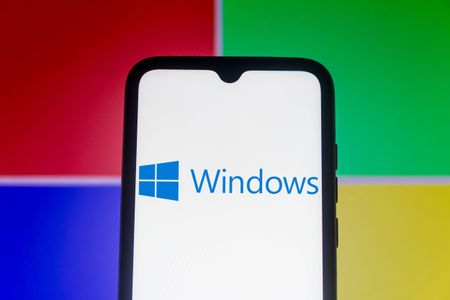 Everything you need to know about the latest Windows 11 updates - from bug fixes to brand-new features
Everything you need to know about the latest Windows 11 updates - from bug fixes to brand-new featuresNews Two new cumulative updates are on the way and will be installed automatically on Windows 10 and Windows 11 machines
By Rory Bathgate Published
-
 How to download a Windows 11 ISO file and perform a clean install
How to download a Windows 11 ISO file and perform a clean installTutorial Use a Windows 11 ISO to install the operating system afresh
By John Loeppky Published
-
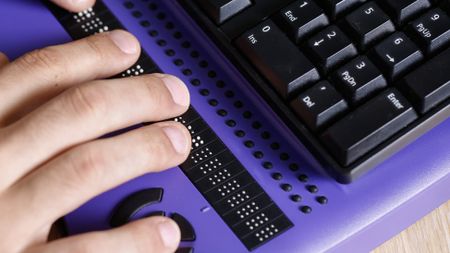 We could all benefit from better Windows and macOS accessibility features
We could all benefit from better Windows and macOS accessibility featuresOpinion Today’s accessibility features can help you work through a nasty injury, but there’s still plenty of room for improvement
By Barry Collins Published
